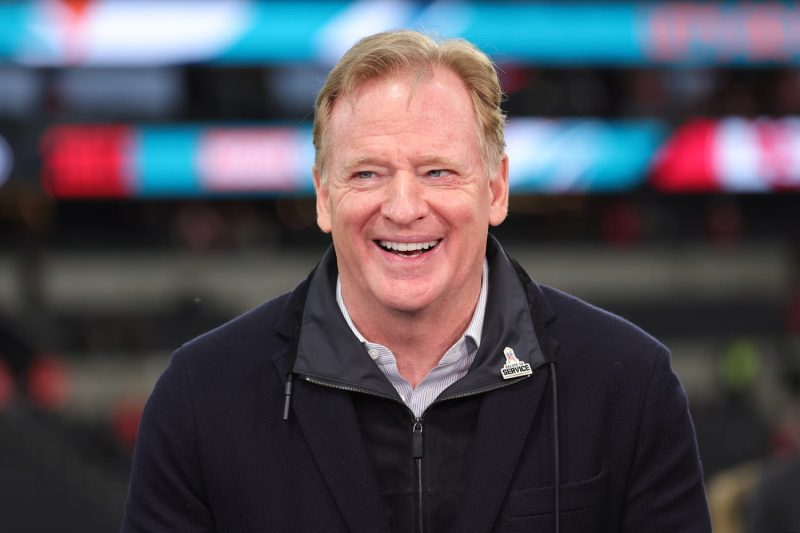
NFL Commissioner Roger Goodell Welcomes Private Equity Owners for Up to 10% Stake!
In a bold move that has sent shockwaves through the sports industry, the NFL recently announced its willingness to open up team ownership to private equity firms. This groundbreaking decision, disclosed by Commissioner Roger Goodell, marks a significant departure from the league’s traditional ownership structure and has sparked intense debate among fans, analysts, and industry experts.
Private equity ownership in the NFL represents a departure from the league’s long-standing model of individual or family ownership. Under this new arrangement, private equity firms could potentially acquire ownership stakes in up to 10 teams, providing them with a direct stake in the operations and success of the franchises. This move could potentially bring about a wave of transformation and financial innovation within the league.
One of the key motivations behind the NFL’s decision to consider private equity ownership is the potential for injecting fresh capital into the teams and the league as a whole. Private equity firms are known for their ability to provide substantial financial resources and expertise, which could help struggling teams improve their operations, invest in new technologies, and enhance the overall fan experience. This infusion of capital could also help teams weather financial challenges, such as revenue losses due to external factors like the COVID-19 pandemic.
Furthermore, private equity ownership could bring a new level of professionalism and strategic thinking to team management. Private equity firms often have access to a deep pool of talent and expertise in areas such as finance, marketing, and operations. By leveraging this expertise, teams could potentially benefit from improved business strategies, better financial management, and enhanced operational efficiency.
However, the prospect of private equity ownership in the NFL has raised concerns among some fans and analysts. Critics argue that private equity firms may prioritize short-term financial gains over the long-term interests of the teams and their fans. There are also fears that private equity ownership could lead to increased commercialization of the sport, with a greater emphasis on profit-making and commercial partnerships at the expense of the traditional values and culture of the game.
Despite these concerns, the NFL’s openness to private equity ownership represents a bold and forward-thinking approach to the evolving landscape of professional sports. In an era marked by rapid technological advancements, changing consumer preferences, and evolving business models, the league’s willingness to explore new ownership structures reflects its commitment to adapt and thrive in a rapidly changing environment.
As the debate over private equity ownership in the NFL continues to unfold, it is clear that this decision has the potential to reshape the league’s business model, enhance the competitiveness of its teams, and drive innovation in the sports industry as a whole. The coming years will reveal the full impact of this groundbreaking decision and shed light on the opportunities and challenges that lie ahead for the NFL and its fans.
